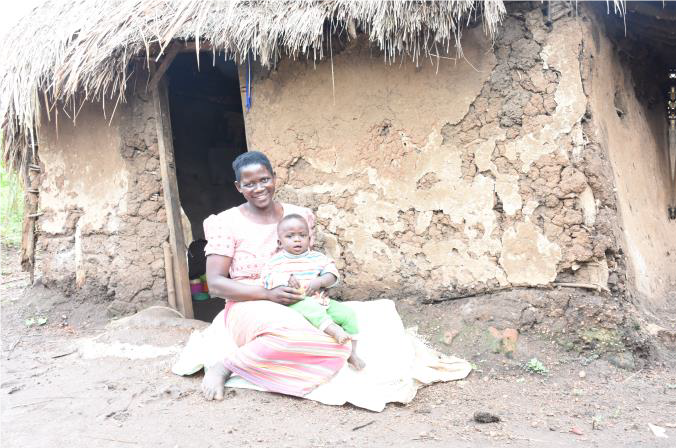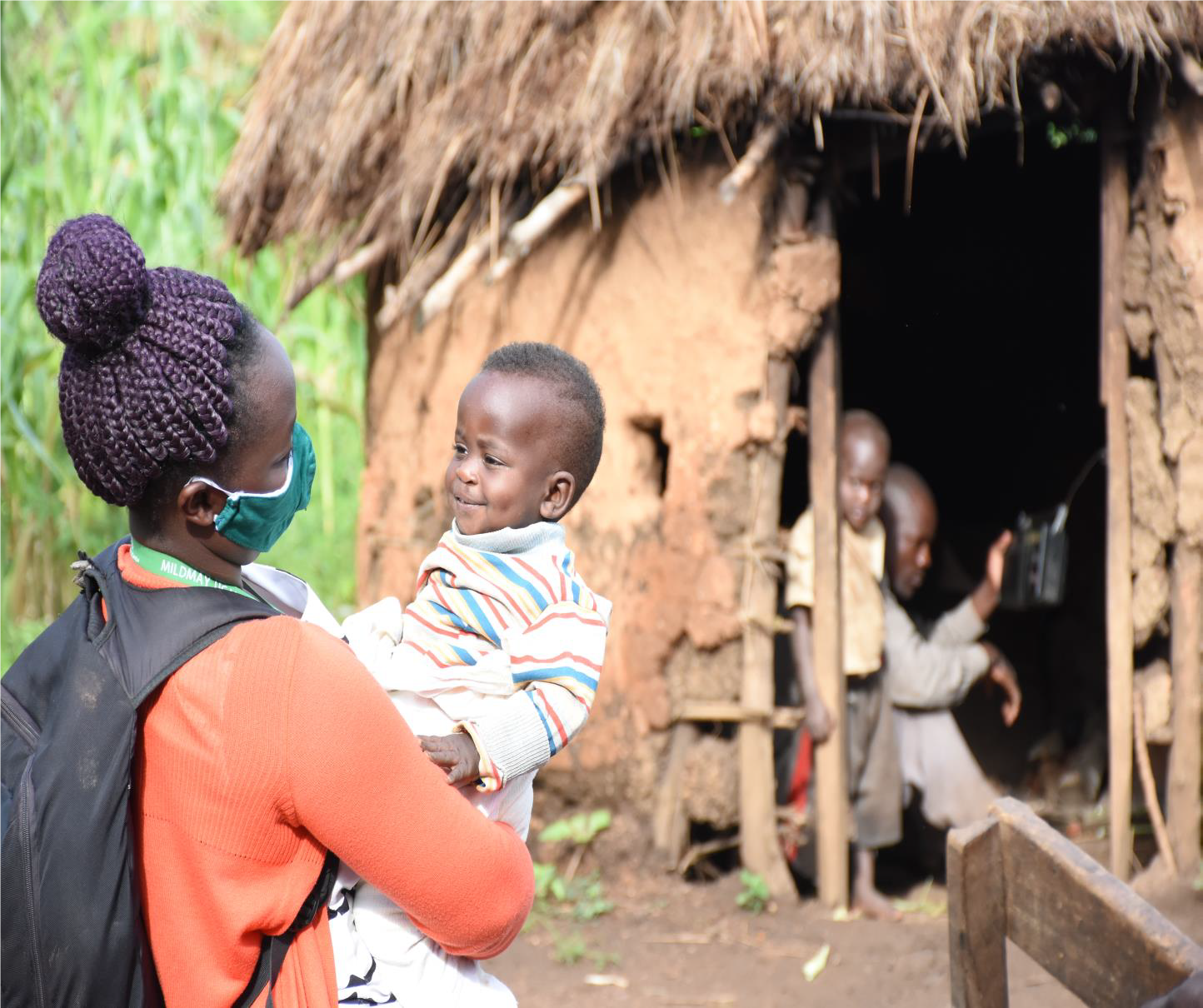
Joshua's parents were shocked when their son was born with a severe cleft lip and palate. They considered this a curse which had befallen their family. Suckling was difficult. Breathing too was labored. His mother, Robinah, felt he was in pain every time he cried. In its ignorance, the local community of Lwabagoma, Mubende District was convinced that a demon had possessed Joshua and eaten parts of his body. His parents were shunned by everyone and felt ashamed for what was merely a birth defect; curable with a minor surgery.
In rural Uganda, there are often ridiculous beliefs such as “a mother did not take the right herbs during her pregnancy hence the child was born with a cleft” that are blamed for this condition, beliefs that are untrue and exaggerations of the fabricated theories which ignite them. These superstitions affect the child’s behavior and confirm the assumptions of others, which in turn reinforce the family’s own negative beliefs. Taboos delay treatment at the critical time which complicates the case further. Education and awareness about deformities like cleft is really the need of the hour.
Joshua is just one of the estimated 1100 babies born with this congenital defect per year. Deep-seated social stigmas against cleft patients and their families are prevalent in Ugandan communities. Religious beliefs and superstitions are an important societal force in Uganda, and there is stigma attached to clefts and other such deformities. Children are hidden, shunned by society and their families ostracized.

corrected through SM & CD interventions
For Joshua, her mother was brave enough to withstand community pressure to hide her child. She sought for support, seeking advice from a member of the Village Health Team (VHT) trained by the Safe Motherhood and Child Disability Project funded by PORTICUS to identify and refer defects in children, who referred her to CORSU Hospital for surgery.
“My husband and I collected money and we took our son for surgery,” she says. “At the hospital, we were assisted, and after surgery, Joshua was offered to us, a scar on his upper lip, but in great health and looking better than he was. People who had seen my child as a curse were left in shock at how things had punned out, at how better he looked; in fact so was I for I thought he could not get better.”
Robinah, remains forever grateful for the help extended to her son who is now testimony that cleft lip and palate is curable.
The Safe Motherhood and Child Disability Rehabilitation Project being supported by PORTICUS is breaking the myth and helping spread awareness to erase some of these stigmas, and also help people understand that the cleft condition is 100% curable.
Working with the VHT system attached to Musozi HC III, Mubende District, the project identifies children like Joshua, and helps refer them to rehabilitation centers like CoRSU, a Comprehensive Rehabilitation Services Hospital and Katalemwa Rehabilitation Center where such conditions are corrected.
